An Exclusive interview with Prasenjit Duara by Luo Haibing & Niu Xiumin from CNS
Prasenjit Duara, an American scholar of Indian origin, is the Oscar Tang Family distinguished chair professor of East Asian Studies at Duke University, Carolina. A Ph.D. in Chinese history from Harvard University, he also has an honorary doctorate from the University of Oslo. A former director at the Asia Research Institute of the National University of Singapore and president of the Association for Asian Studies in the U.S., his first book Culture, Power and the State: Rural Society in North China, 1900–1942 won the American Historical Association's John King Fairbank Prize in East Asian history in 1989 and the Association for Asian Studies' Joseph Levenson Prize in 1990. He is also the author of Rescuing History from the Nation: Questioning Narratives of Modern China, Sovereignty and Authenticity: Manchukuo and the East Asian Modern and The Crisis of Global Modernity. His books have been translated in Chinese, Japanese, Korean and European languages.
Prasenjit Duara sees three global changes as the main features of our times: the development of non-Western powers, the crisis of environmental sustainability and the demise of transcendent sources of authority (including ideals, beliefs and ethics acquired from religion). "Competing models of political and ideological hegemony have led to the global crisis of climate change and the destruction of the planet’s environment. It is time for the nations of the world and other institutions to work together to save the planet." Duara reflects on Asia's historical experience and contemporary practice to answer the question whether there should be competition or cooperation between the East and the West to solve the crisis of global modernity.
CNS: How did you become interested in China?
Prasenjit Duara: When I was in university in India in the 1970s, I was deeply influenced by Chinese idealism and poverty alleviation policies, such as the integration of "barefoot doctors" (farmers in rural areas who were given basic training to work also as healthcare providers). This is why I first turned my attention to the study of modern Chinese history. Then I went to the United States to study Chinese history. I wrote my first book, Culture, Power and the State: Rural Society in North China, 1900–1942, to study and compare the conditions of modern transformation in China with the Indian experience.
I am fundamentally a historian of China and Asia, and I like to focus more on China and India as these two countries are leading the way to the great changes that are to come.
CNS: You have a deep knowledge of Chinese history and have traveled extensively in China. How do you see China's development and changes?
Prasenjit Duara: Before the COVID-19 epidemic, I used to visit China once or twice a year, a habit I maintained for almost 30 years.
China's modernization in many areas, especially poverty reduction and economic development, has been remarkable. But this rapid development has also come at a great cost, especially in terms of the environment and for many inland rural areas and migrant workers.
The nature and pace of economic growth, population growth, and urban sprawl in China and India, particularly in China, are continuing a pattern of development that began in the West two centuries ago, and the nature and pace of that growth is a cause for concern, despite the efforts being made in both countries to protect the environment.
CNS: Culture, Power and the State, which has been translated into Chinese, covers the period of the founding of the Communist Party of China (CPC). A century later, under the leadership of the CPC, China has built a moderately prosperous society. How do you see the development of the CPC?
Prasenjit Duara: Over the past 100 years, the CPC has been one of the most surprising and powerful organizations in the world. I don't believe there is any other political organization that can influence such a large society and reach so deeply into people's lives.
China's development is accompanied by a need to gain the understanding of others and to present a vision of the world that is universal and does not replicate the previous global order.
CNS: While discussing nationalism, you quoted Hungarian economist Karl Polanyi's description of how capitalism works: It first flourishes and then declines, and the countries that had been opening up suddenly close their doors when undergoing depression, and then protectionist and ultra-nationalist tendencies emerge. How do you look at this view?
Prasenjit Duara: I totally agree with Polanyi about open and closed societies operating in a global capitalist economy. Today, it is true not only in the West but also in the East. For example, tens of millions of Chinese workers have had to return to the countryside in the last few years when factories closed. But perhaps China's rural societies are better able to absorb them because their social and economic ties still exist.
CNS: Is the world witnessing an upsurge in "beggar-thy-neighbor"nationalism with the rapid development of non-Western powers and the COVID-19 pandemic?
Prasenjit Duara: Yes, nationalism has indeed worsened globally since I wrote The Crisis of Global Modernity (in 2014). But the global failure of populist nationalism is also beginning to emerge, not only cyclically (as Polanyi suggests) but also in the context of the current climate change and pandemics.
Of course, all of this is related to global capitalism and its selfaccelerating engines. Most nationalists feel they are anti-globalization. But I have always believed that nationalism is inextricably linked to the global allocation and control of resources and markets. I can't predict whether nationalists will recognize this potential connection, but people around the world will have to deal with it.
CNS: The modernization theory has always had a Eurocentric bias. German sociologist Max Weber, for example, thought that modernization was Westernization. What do you think of Weber's question as to why Eastern societies like China and India didn't take an alternative path of rationalization independent of the West in politics, economics, science, and even art? Do you think there is only one model of modernity and that is the Western one?
Prasenjit Duara: Weber originally saw rationality as a method for achieving different goals and values (e.g., harmony between man and nature). He later argued that in the West, rationality as a method has become the goal of modern society itself, because it is most effective in maximizing the interests of individuals and societies to a level unattainable by other contemporaneous societies. He also spoke about the limits that rationality as a goal may impose on human agency. It is time to reconsider the goals and values (such as sustainability and democratic participation) and see if we can use the rationality model to achieve them.
CNS: Do you think the historical experience and contemporary practice of Asia can offer solutions to the crisis of global modernity caused by competing nation-state constructions?
Prasenjit Duara: I have written that the dialogical transcendence of Asian societies, which emphasizes plurality and openness, represents a historically non-exclusive and non-absolutist tradition. Today, the nationalism and competitiveness of Asian societies is eroding these traditions. But new forces have emerged within "civil society," poor and indigenous communities fighting for social justice and sustainability based on old concepts and practices. I believe that in this crisis of the Anthropocene, the present geological age, these movements can exert some influence on politicians and intergovernmental institutions, especially through the new generation that has to eat the bitter fruits of our irresponsibility.
CNS: Should the East and the West compete or cooperate to address the crisis of global modernity?
Prasenjit Duara: The instinct for competition is certainly present in nature and in human society. In the last 300 years of nationalist-capitalist development, competition has become the dominant force in global society. But with the right conditions and institutions, it is also possible for human beings to develop a collaborative and cooperative nature. The political and ideological hegemony of the competitive model has led to the global crisis of climate change and the destruction of the planet's environment. It is time for the nations of the world and other institutions to work together to save the planet.
CNS: You have suggested that we need a universal world now more than ever, and you say that the Chinese ideal of the "world" is perhaps the last of the old universalist concepts of the late nineteenth century to exist in institutional form. In recent years, China has repeatedly referred to the "common values of all humankind" in many important bilateral and multilateral contexts.
Prasenjit Duara: China's concept and rhetoric of common values for all humanity and the "world" is a very positive step. But many other societies also have a universal vision, especially the United States, which sees democracy as a universal good. The real test, of course, is how a universal vision emerging from a political center can encompass the diverse values in the world. I believe that the Western vision of hegemony is not the only way to govern the planet. Even within the current framework of the United Nations and its related institutions, collective problems can be more effectively addressed in a cooperative mode if nation-states are given some real (sovereign) power.
Edited by Wang Zonghan








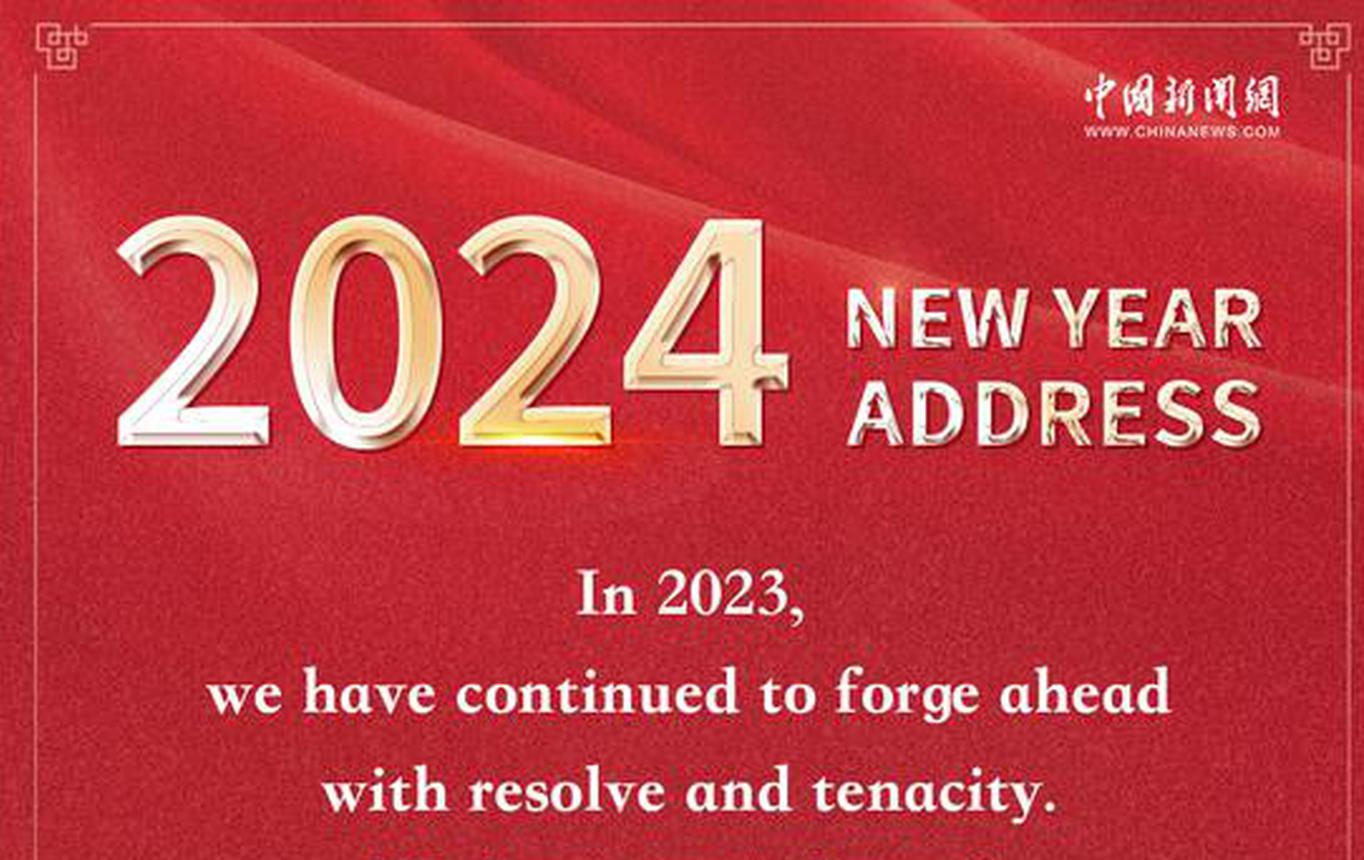


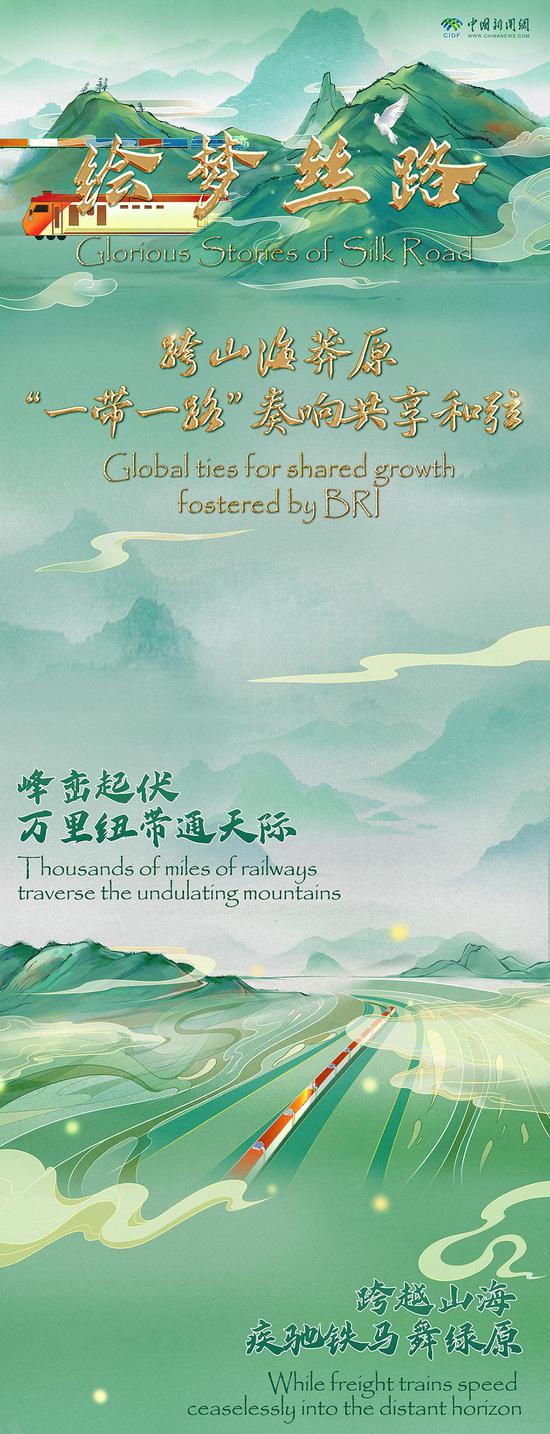

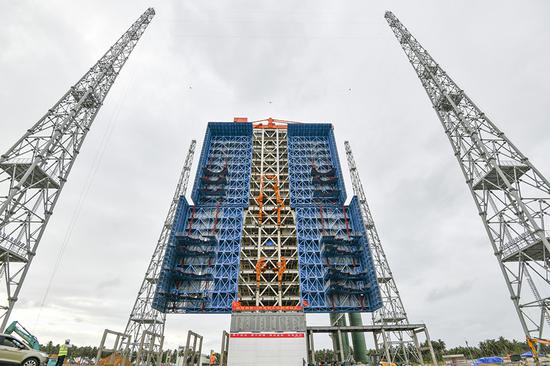
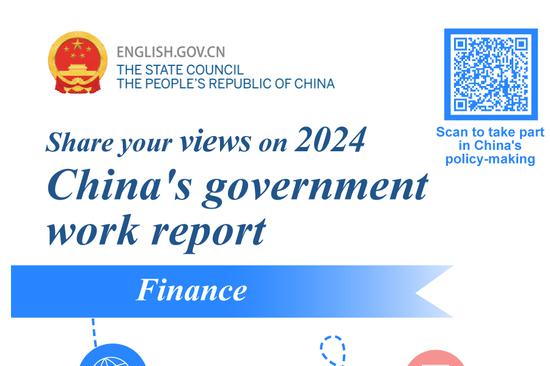
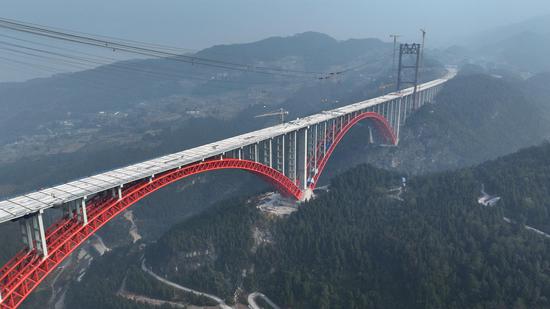

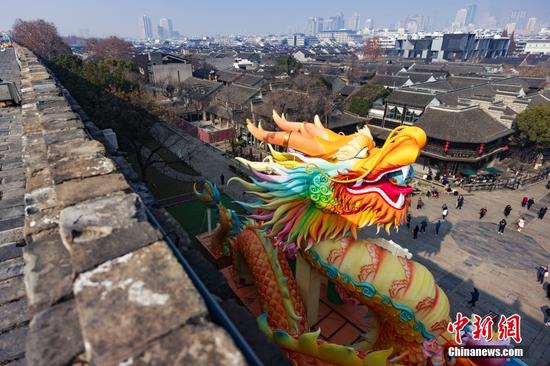
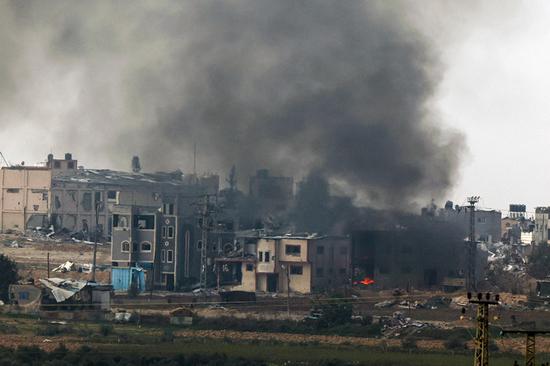
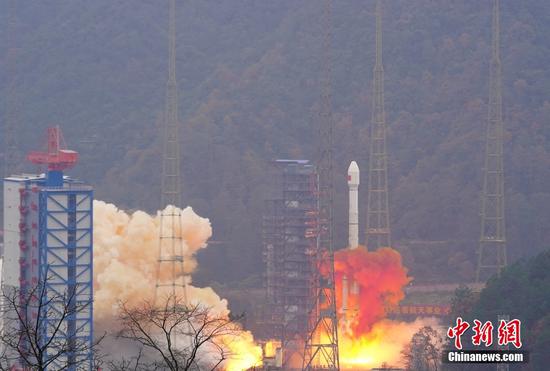

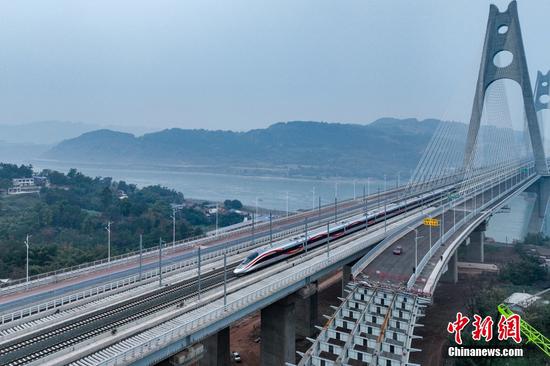
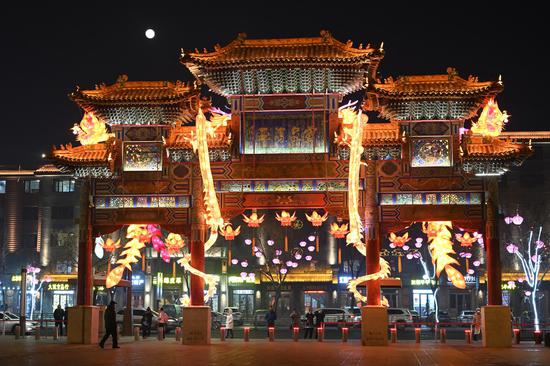
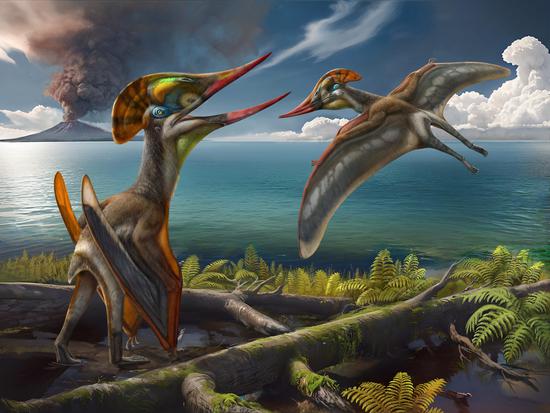
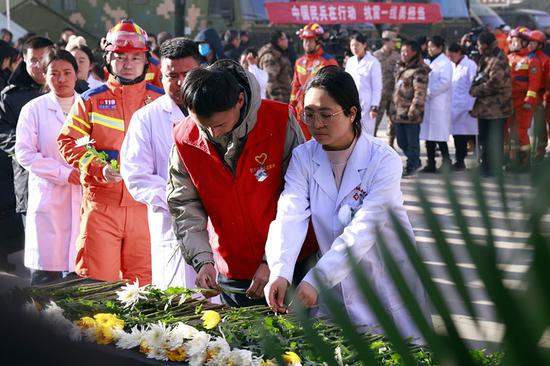
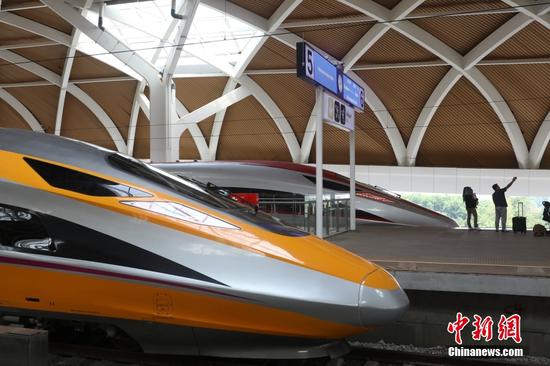
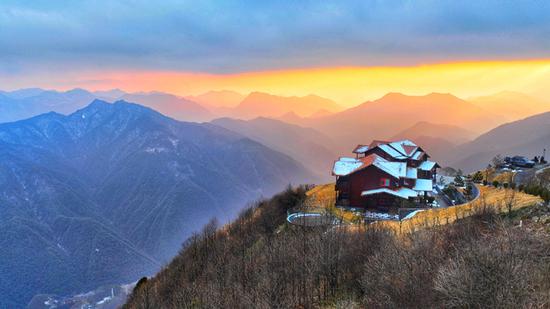
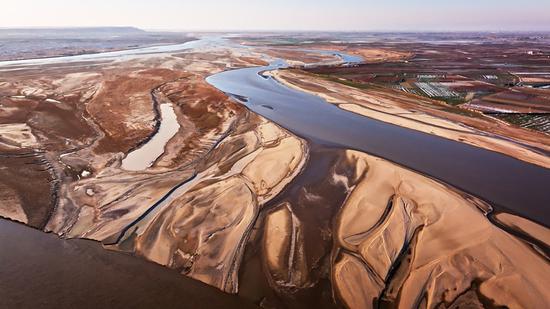
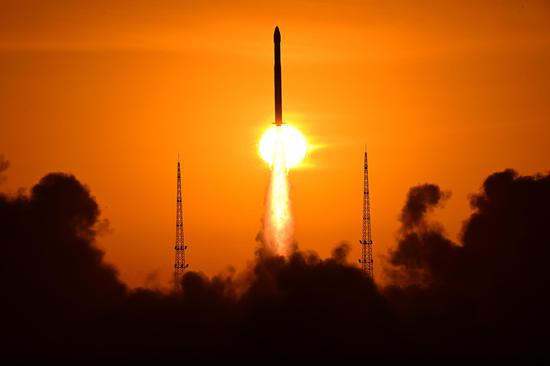
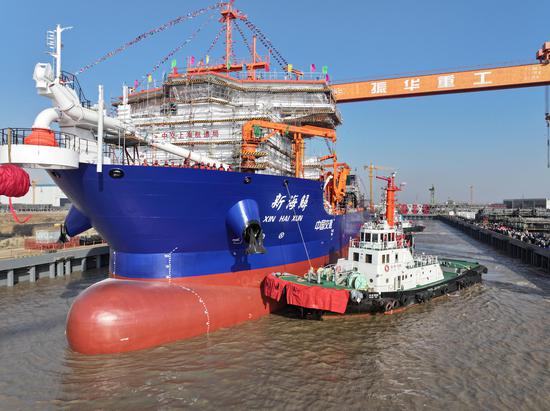
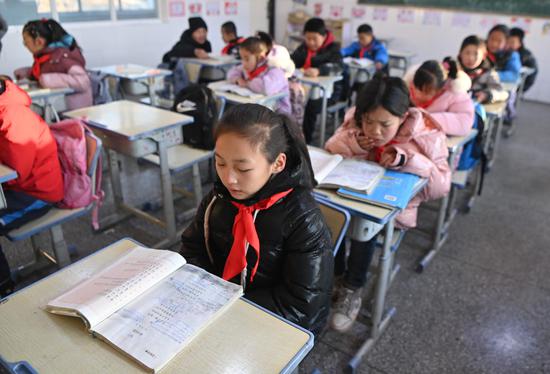
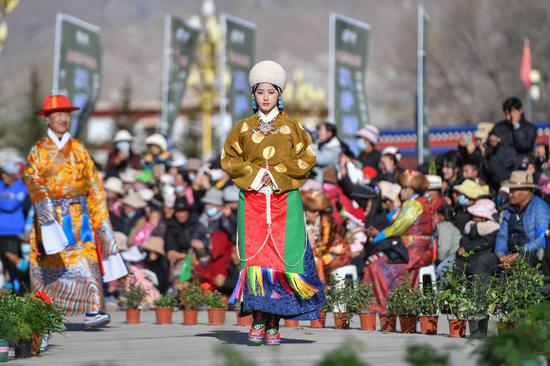
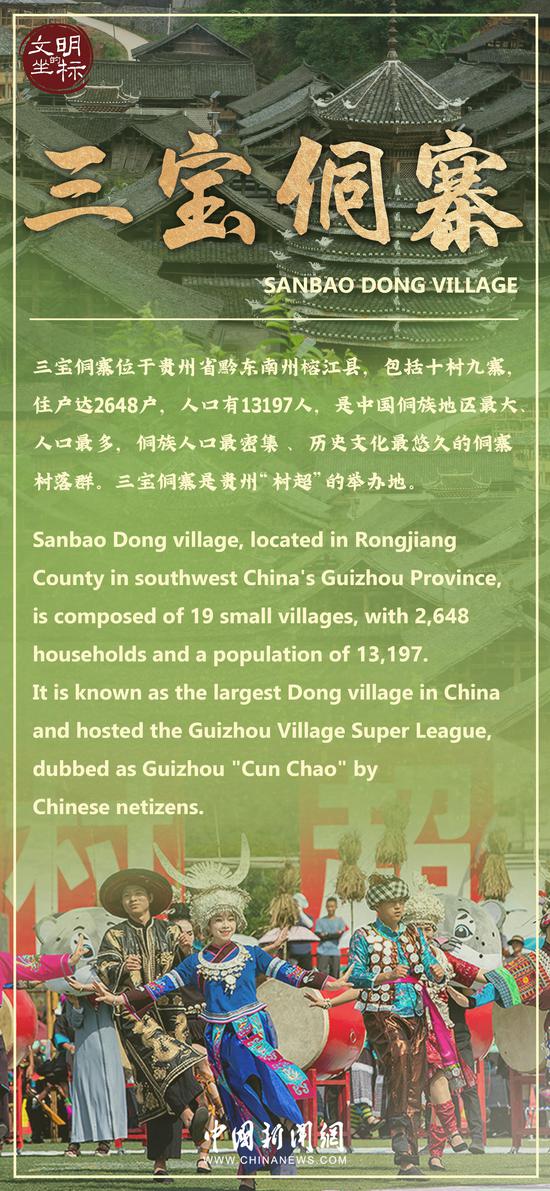


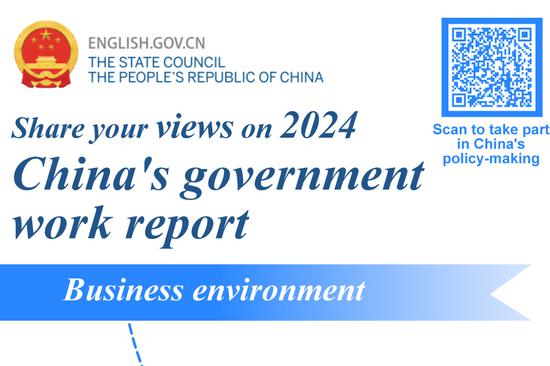
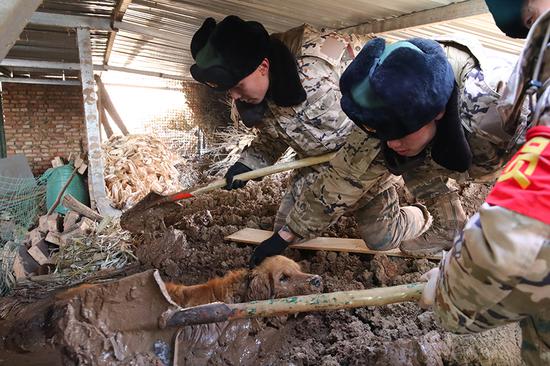
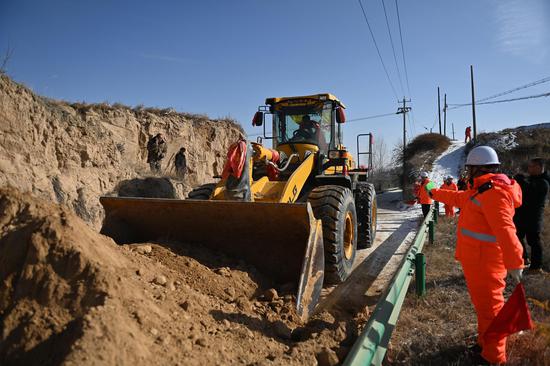
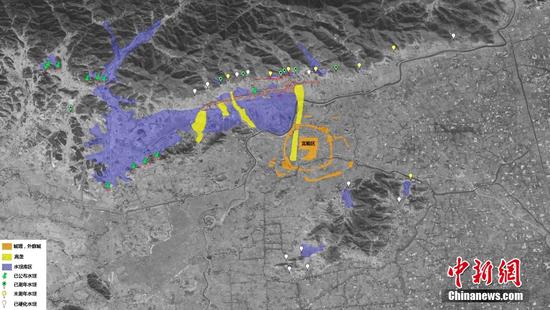
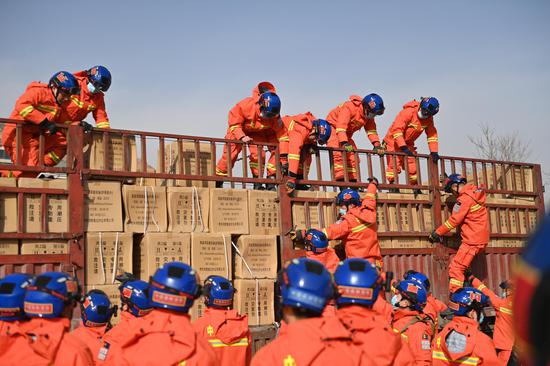
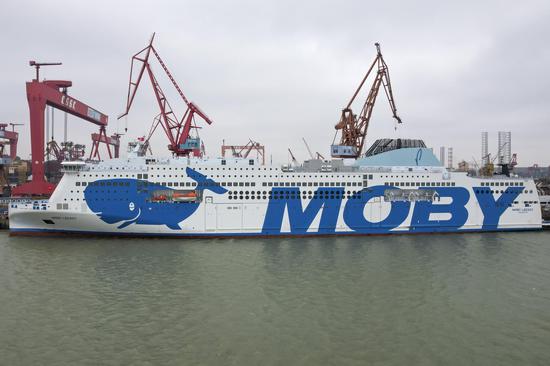
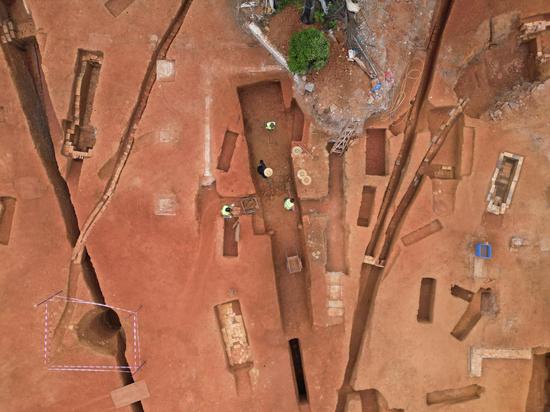
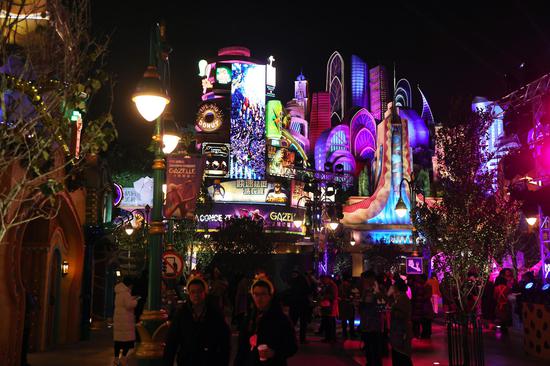
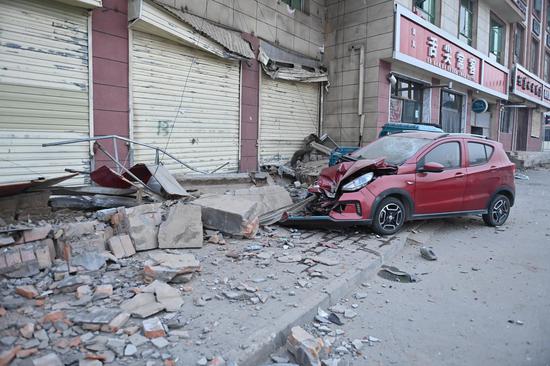
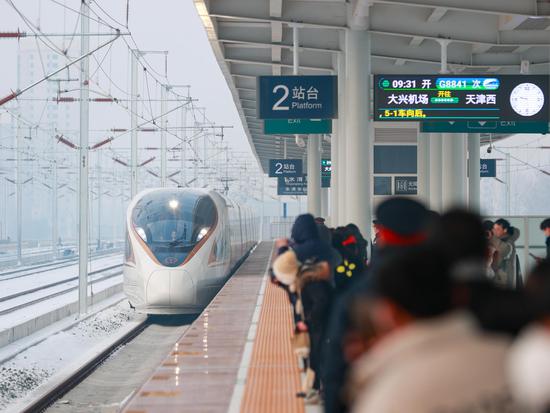





 京公网安备 11010202009201号
京公网安备 11010202009201号